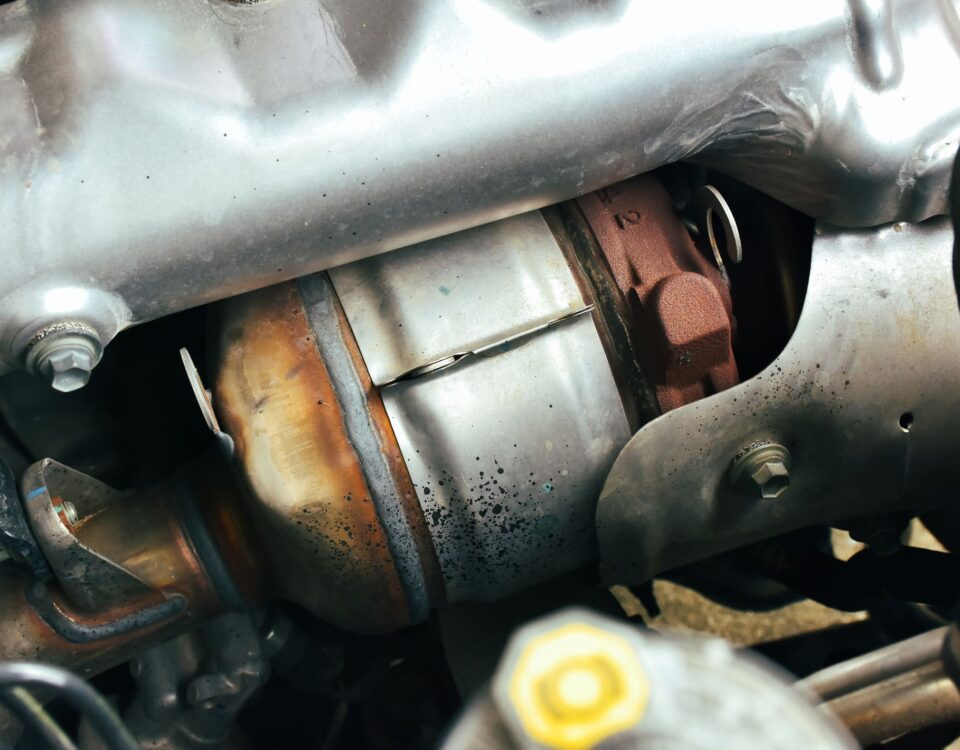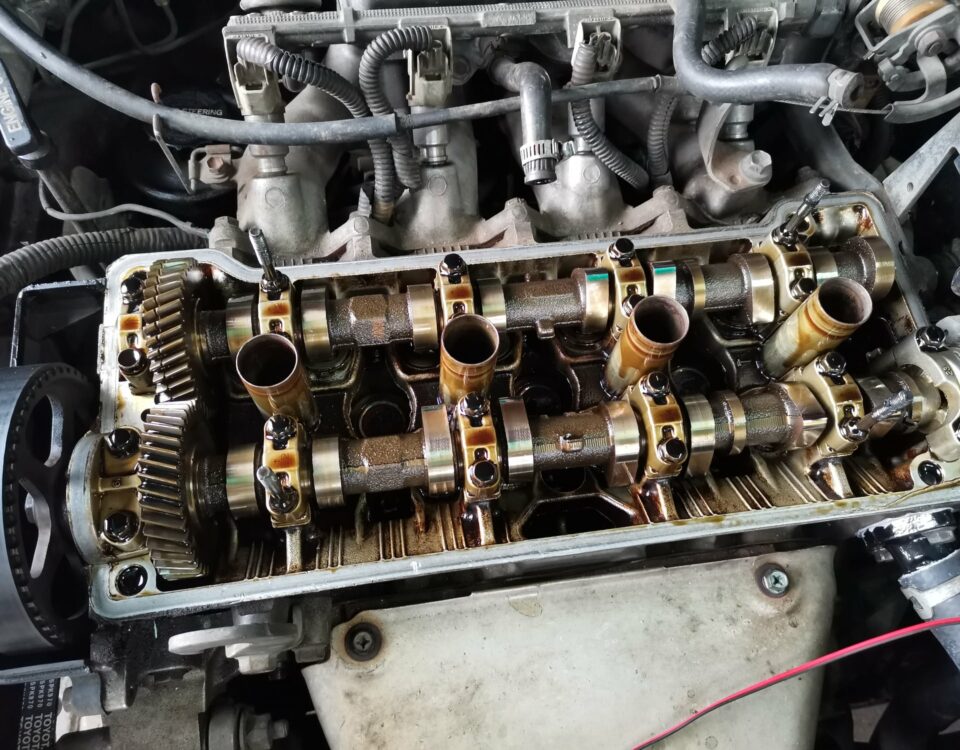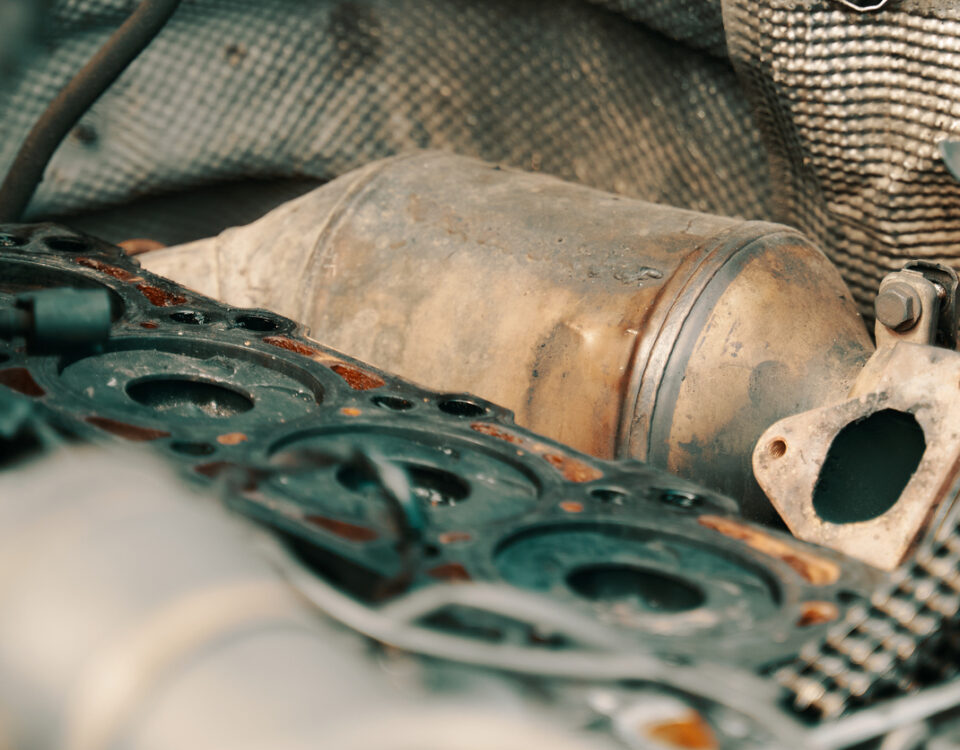Prolong Vehicle Life: The Significance of DPF Cleaning Services
As technology advances, vehicles become more fuel-efficient and environmentally friendly. However, this progress also has certain drawbacks, particularly in terms of exhaust emissions. Reduced emissions from diesel engines are made possible by the installation of diesel particulate filters (DPFs). However, as time passes, these DPFs can accumulate soot and ashes, impacting emissions and engine performance. This is where the need for effective DPF Cleaning Services arises. In this article, we explore the vital importance of regular car DPF cleaning, unveiling how it not only safeguards peak engine performance but also contributes to cleaner air and a happier environment.
Understanding the Importance of DPF Cleaning
Ensuring the performance and emissions compliance of contemporary diesel cars requires an understanding of the significance of Diesel Particulate Filter (DPF) cleaning. The DPF is essential in stopping dangerous particulate matter emissions from exhaust gases from accessing the atmosphere by capturing and decreasing those emissions. Decreased fuel efficiency and engine efficiency may occur from the DPF becoming clogged and less effective over time as it gathers these particles. A neglected DPF may need expensive repairs or replacement. To avoid these problems and maintain the vehicle’s environmental friendliness and efficiency, routine DPF cleaning or regeneration is necessary. Additionally, maintaining the DPF clean lets the diesel engine run longer in general and keeps it in conformity with emissions regulations, which is important for both ecological consciousness and legal obligations in many places.
Reasons to Regularly Clean Your Diesel Particulate Filter
It’s crucial to routinely clean your Diesel Particulate Filter (DPF) for several reasons:
Maintain Engine Performance:
An obstructed DPF can limit exhaust flow and raise backpressure on the engine, which can result in a reduction in engine performance, a reduction in power output, and an improvement in fuel efficiency. Maintaining appropriate exhaust flow guarantees that the engine runs as efficiently as possible.
Avoiding Costly Repairs:
Ignoring DPF maintenance might result in more serious problems, such as DPF failure or engine damage. Regular maintenance is a cost-effective preventative practice to avoid significant repair costs because replacing a DPF may be pricey.
Environmental Responsibility:
DPFs are essential for lowering damaging emissions from diesel engines, particularly those of particulate matter and soot. Maintaining compliance with emissions regulations through routine cleaning lessens your car’s impact on the environment & promotes cleaner air.
Increase DPF Lifespan:
Regular upkeep, which includes cleaning, can make your DPF last longer. Throughout your vehicle’s life, you’ll need fewer replacements, conserving your cash and cutting down on waste.
Legal Compliance:
DPFs must be used in diesel vehicles in numerous places due to severe pollution law. A dirty and inoperable DPF might result in fines and legal repercussions.
Increased Fuel Economy:
A clean DPF makes it possible for the engine to run more effectively, which can result in increased fuel efficiency. This lowers your carbon impact while simultaneously saving money on petrol.
Avoid Forced Regenerations:
Infrequent “forced regenerations,” in which the motor modifies its operating conditions to burn off collected soot in the DPF, may result from untreated DPFs. Those regenerations may reduce fuel economy and eventually lead to engine wear.
Improved Vehicle Durability:
By keeping your DPF clean and minimising the accumulation of hazardous particulate matter, you help to keep your diesel engine in good condition and extend its life.
The Impact of DPF Cleaning On Performance
Diesel vehicle performance is significantly impacted by DPF cleaning. The Diesel Particulate Filter (DPF), which filters soot and other particles from exhaust fumes, may build up over time and limit engine efficiency. A blocked DPF limits exhaust flow and raises motor backpressure, resulting in decreased engine power and fuel efficiency as well as possible limp mode or engine warning indicators. The deposited soot is removed from the DPF using traditional cleaning or active regeneration operations, which also improves exhaust flow. As a result, the motor is given more room to breathe, which raises horsepower and torque, improves fuel economy, and keeps the car from entering restricted performance modes. Therefore, routine DPF cleaning is necessary to preserve as well as improve the general efficiency of diesel engines, while avoiding expensive damage and making sure that emissions regulations are followed.
Getting Rid Of Costly Repairs
A Diesel Particulate Filter (DPF) protects the engine and exhaust system, reducing the need for expensive maintenance. First off, the DPF’s main job is to catch and eliminate soot from exhaust fumes, eliminating soot-related engine damage which may call for pricey repairs or perhaps an entire new motor. A correctly working DPF also lessens backpressure in the exhaust system, which lowers the possibility of harm to parts like the turbocharger, exhaust valves, and sensors. The DPF is a cost-effective way to improve the long-term dependability of a vehicle since it keeps the engine and exhaust system in the best possible condition. This not only increases the lifespan of these vital parts but also lessens the monetary cost of having to repair or replace them.
Achieving Better Fuel Efficiency
Through some techniques, a Diesel Particulate Filter (DPF) is essential for increasing fuel efficiency in diesel cars. First of all, the DPF’s primary job is to collect and eliminate dangerous particulate matter (soot) from exhaust fumes. Cleaner, less heavily soiled DPFs result in more effective exhaust flow, which lowers back pressure on the engine’s cylinders. Lower back pressure, in turn, improves air intake and exhaust expulsion, which optimizes combustion and makes the motor run more effectively. Greater fuel economy is the outcome of the motor being able to extract more power from each unit of fuel thanks to the increased combustion efficiency. A clean DPF also lessens the need for regeneration cycles that involve injecting more fuel to enhance exhaust temperatures and burn off collected soot. Less fuel is consumed when regeneration occurs less frequently. In general, a well-kept DPF provides dependable engine performance, reduces power losses, prolongs motor life, and aids in the vehicle’s compliance with emissions regulations, all of these greatly improve fuel economy in diesel-powered vehicles.
Conclusion
DPF cleaning services are extremely important for extending a vehicle’s lifespan. Regular DPF upkeep remains essential for extending the life and durability of diesel-powered cars by maintaining engine conditions, avoiding expensive repairs, and guaranteeing compliance with emissions rules. Accepting the value of DPF cleaning services is a dedication to a more environmentally friendly and economical driving experience. It’s also a smart investment in your car.



